If this is what foldables look like now, why should we care about Apple’s?
Foldables have finally peaked, and that's bad news for Apple.
This article may contain personal views and opinion from the author.
We may earn a commission if you make a purchase from the links on this page.

Apple might finally be ready to enter the foldable phone game. According to the latest reports, the first foldable iPhone could launch in late 2026. That would make it seven full years behind Samsung’s original Galaxy Fold from 2019, and nearly four years behind the wave of second-generation foldables that actually started getting good.
And that raises the obvious question: should we even care about Apple’s foldable iPhone if it comes so late?
It’s hard to overstate how far Samsung has come since its early Fold prototypes. The Galaxy Z Fold 7 is not just thinner and lighter than any previous model — it’s the thinnest and lightest book-style foldable you can buy today. At 8.9mm thickness when folded and just 215g, it’s about as lean as the Honor Magic V5 and Vivo X Fold 5, with some slight nuances.
More importantly, Samsung has finally fixed all the major hardware complaints. The new 6.5-inch cover screen with a 21:9 aspect ratio feels like that of a regular, non-foldable phone. The main 8-inch display is brighter, smoother, and supported by a titanium lattice that helps flatten out the crease. Oh yes, the crease — it’s a near-invisible now, finally catching up to what Oppo and Huawei were already doing!
Then there’s the 200 MP main camera (borrowed from the Galaxy S25 Ultra), the refined One UI 8 software with tight Gemini integration, and the Snapdragon 8 Elite chip that makes this thing fly. The Fold 7 feels like the foldable Samsung always wanted to make (btw, the same can be said for the Z Flip 7).
Apple doesn’t always wait — sometimes it creates entire product categories, like it did with the iPad and AirPods. The iPhone, too, wasn’t just “another smartphone”; it redefined the category altogether.
But when it comes to more experimental or evolving markets such as foldables, Apple tends to stay on the sidelines until the technology matures. While Samsung, Huawei, Oppo, and others have iterated for years, Apple has reportedly been perfecting its approach behind closed doors. The upcoming iPhone Fold is expected to feature a premium book-style design with a 5.5-inch cover screen, a 7.8-inch inner display, and a titanium and stainless steel hinge.
But its standout feature could be the lack of a crease. Apple is said to be using a new hinge with liquid metal and a flexible internal plate to eliminate the fold entirely, potentially delivering the first truly seamless foldable display. This is something no current device, not even the excellent Fold 7, has fully achieved.
The problem is… Samsung and others have already solved most of the big issues.
There’s not much left to “fix.” Which puts Apple in a tough spot: the iPhone Fold needs to do more than just finally get released. It needs to offer something meaningfully different.
To Apple’s credit, there are still a few ways it could elevate the foldable experience.
1. A better ecosystem fit
The iPhone Fold will likely run iOS with some iPadOS-style multitasking features layered in, like Split View, Slide Over, and Stage Manager. Combined with Apple Intelligence — given that it is actually useful by the time this phone comes out — that could lead to a uniquely fluid tablet-like experience.
The Galaxy Z Fold 7 is a hardware masterpiece, but foldables still struggle with inconsistent app experiences. Many apps don’t fully adapt to the larger screen, showing stretched layouts or awkward transitions between folded and unfolded states.
Apple could fix that. With its tight control over iOS and deep experience across iPhone and iPad, Apple is uniquely positioned to deliver a more seamless, polished foldable experience. If every app works flawlessly across both displays from day one, the foldable iPhone could feel more refined than any Android foldable.
2. A clean software experience
No ads, no duplicate app stores, and no third-party bloatware. Apple’s tightly integrated software could offer a more polished, cohesive experience than what most foldables deliver today.
3. The "Apple factor"
Apple’s brand power can’t be ignored. If the hardware and design are as premium as expected — titanium chassis, under-display selfie camera, side-mounted Touch ID — that alone might be enough to convince millions of iPhone users to give foldables a shot.
That depends on how you see the future of foldables.
Right now, book-style foldables remain niche — powerful and versatile, but still expensive enough to keep most people away. They offer a true phone-meets-tablet experience, and even though Samsung has a strong head start, Apple fans are still waiting for their foldable iPhone.
Apple’s window of opportunity hasn’t closed yet. But with the Galaxy Z Fold 7 finally delivering the refined foldable experience many have been waiting for, it's definitely getting narrower.
Apple can still win (even with a late entry) as long as the iPhone Fold is solid. But if it wants to convert new users and stand out, it’ll need to deliver something genuinely fresh and useful. First-generation products often come with trade-offs, but given how long Apple has delayed its foldable, it doesn’t have the luxury of a rough start.
Samsung just perfected the foldable
It’s hard to overstate how far Samsung has come since its early Fold prototypes. The Galaxy Z Fold 7 is not just thinner and lighter than any previous model — it’s the thinnest and lightest book-style foldable you can buy today. At 8.9mm thickness when folded and just 215g, it’s about as lean as the Honor Magic V5 and Vivo X Fold 5, with some slight nuances.
Then there’s the 200 MP main camera (borrowed from the Galaxy S25 Ultra), the refined One UI 8 software with tight Gemini integration, and the Snapdragon 8 Elite chip that makes this thing fly. The Fold 7 feels like the foldable Samsung always wanted to make (btw, the same can be said for the Z Flip 7).
Apple’s playbook on new devices
Apple doesn’t always wait — sometimes it creates entire product categories, like it did with the iPad and AirPods. The iPhone, too, wasn’t just “another smartphone”; it redefined the category altogether.
But when it comes to more experimental or evolving markets such as foldables, Apple tends to stay on the sidelines until the technology matures. While Samsung, Huawei, Oppo, and others have iterated for years, Apple has reportedly been perfecting its approach behind closed doors. The upcoming iPhone Fold is expected to feature a premium book-style design with a 5.5-inch cover screen, a 7.8-inch inner display, and a titanium and stainless steel hinge.
But its standout feature could be the lack of a crease. Apple is said to be using a new hinge with liquid metal and a flexible internal plate to eliminate the fold entirely, potentially delivering the first truly seamless foldable display. This is something no current device, not even the excellent Fold 7, has fully achieved.
But foldables aren’t broken anymore
The problem is… Samsung and others have already solved most of the big issues.
Foldables used to be clunky, heavy, fragile, and awkward. But devices like the Galaxy Fold 7, Oppo Find N5, and even the Google Pixel 9 Pro Fold have smoothed over those pain points. The Fold 7’s hinge is sturdy. Its glass is tougher. Its software is polished and full of genuinely useful features like DeX mode, split-screen multitasking, and AI-powered editing tools. Even performance and thermals are solid — despite the ultra-thin form factor, the Snapdragon 8 Elite delivers excellent benchmark scores.
There’s not much left to “fix.” Which puts Apple in a tough spot: the iPhone Fold needs to do more than just finally get released. It needs to offer something meaningfully different.
What Apple can still bring to the table
1. A better ecosystem fit
The iPhone Fold will likely run iOS with some iPadOS-style multitasking features layered in, like Split View, Slide Over, and Stage Manager. Combined with Apple Intelligence — given that it is actually useful by the time this phone comes out — that could lead to a uniquely fluid tablet-like experience.
Apple could fix that. With its tight control over iOS and deep experience across iPhone and iPad, Apple is uniquely positioned to deliver a more seamless, polished foldable experience. If every app works flawlessly across both displays from day one, the foldable iPhone could feel more refined than any Android foldable.
2. A clean software experience
No ads, no duplicate app stores, and no third-party bloatware. Apple’s tightly integrated software could offer a more polished, cohesive experience than what most foldables deliver today.
Apple’s brand power can’t be ignored. If the hardware and design are as premium as expected — titanium chassis, under-display selfie camera, side-mounted Touch ID — that alone might be enough to convince millions of iPhone users to give foldables a shot.
But is it too late?
That depends on how you see the future of foldables.
Right now, book-style foldables remain niche — powerful and versatile, but still expensive enough to keep most people away. They offer a true phone-meets-tablet experience, and even though Samsung has a strong head start, Apple fans are still waiting for their foldable iPhone.
Apple’s window of opportunity hasn’t closed yet. But with the Galaxy Z Fold 7 finally delivering the refined foldable experience many have been waiting for, it's definitely getting narrower.
Apple can still win (even with a late entry) as long as the iPhone Fold is solid. But if it wants to convert new users and stand out, it’ll need to deliver something genuinely fresh and useful. First-generation products often come with trade-offs, but given how long Apple has delayed its foldable, it doesn’t have the luxury of a rough start.
Follow us on Google News
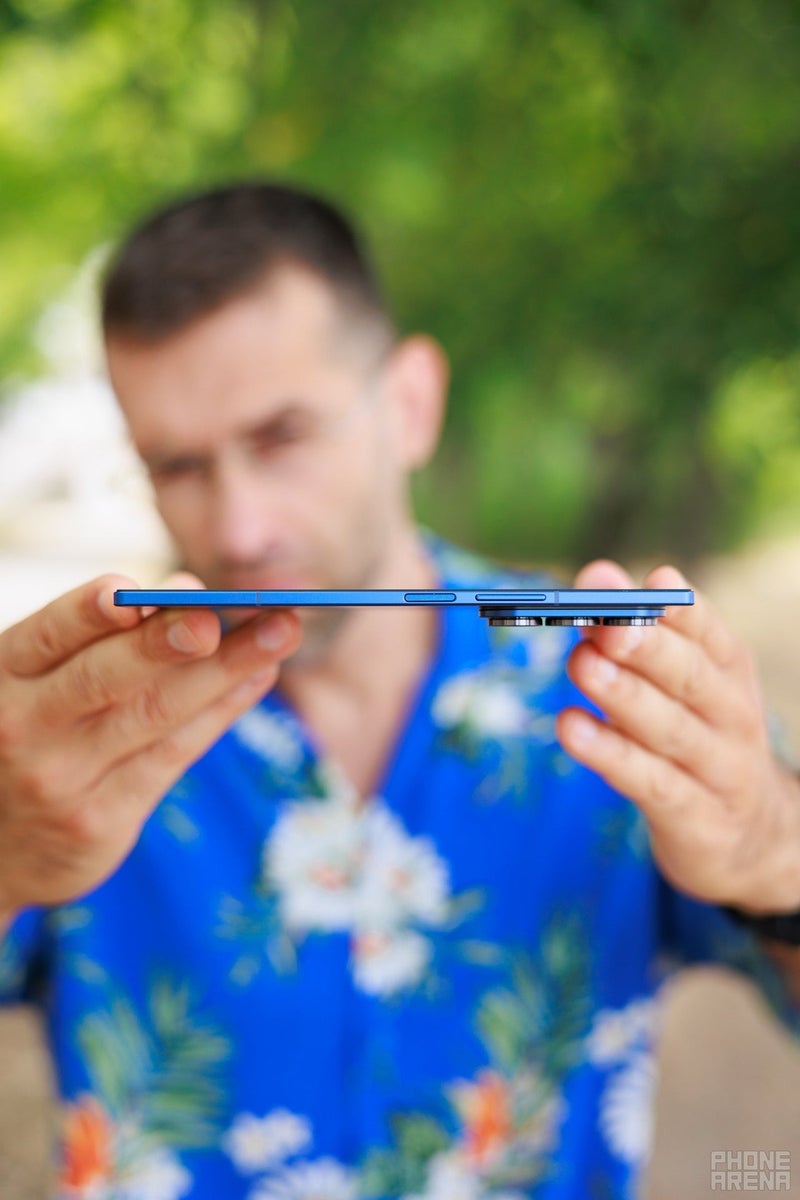
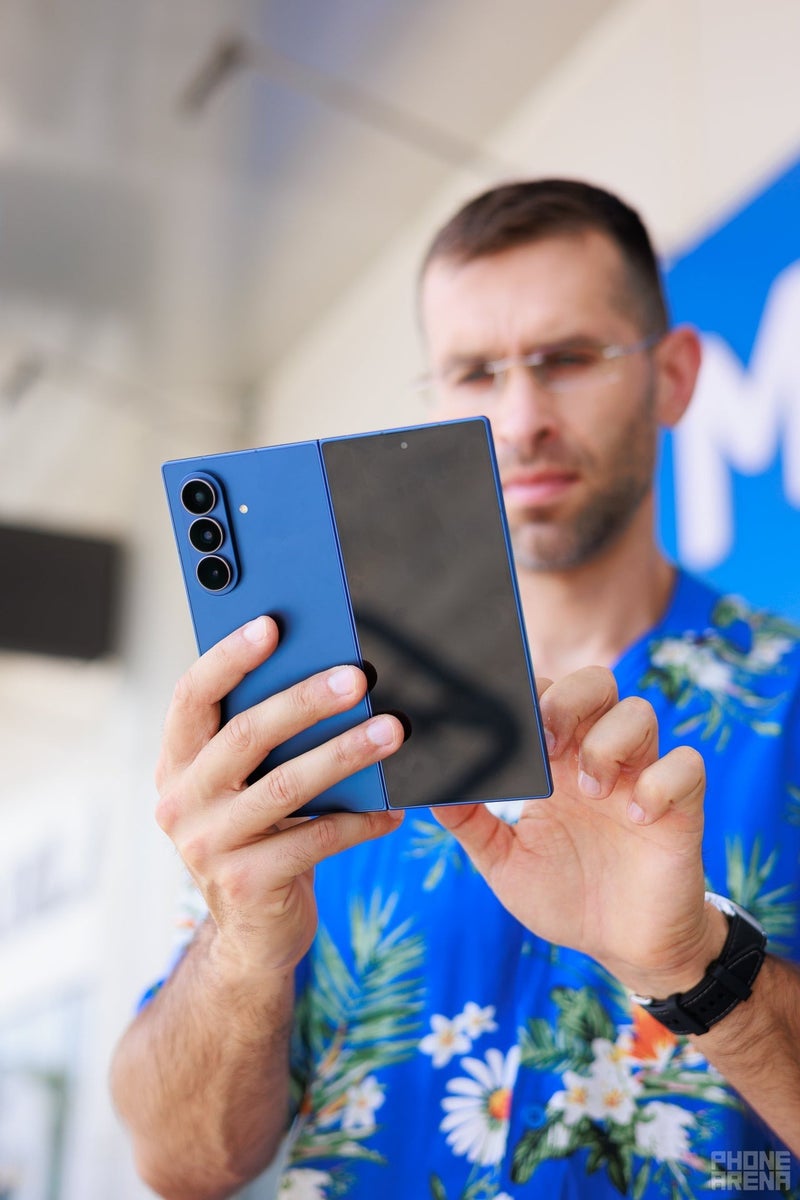

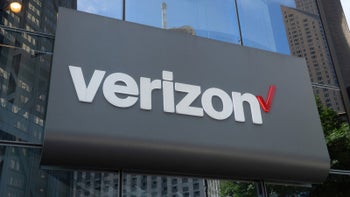


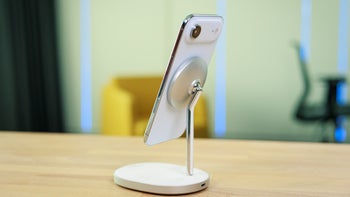
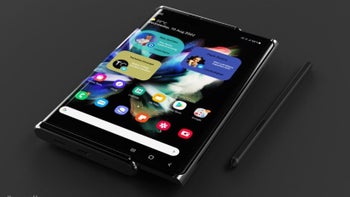
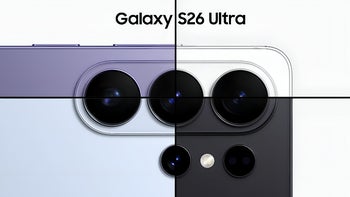
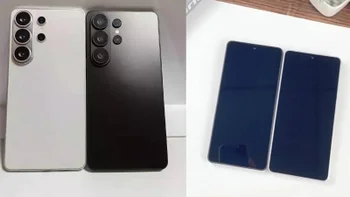
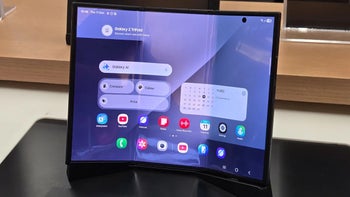
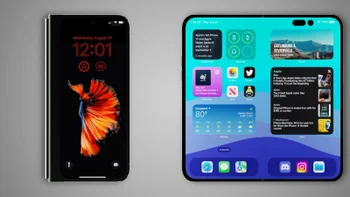
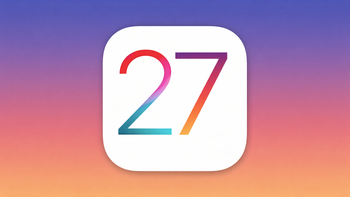
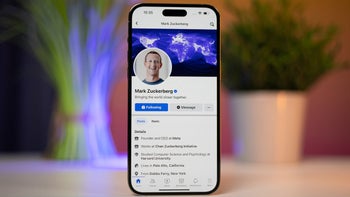
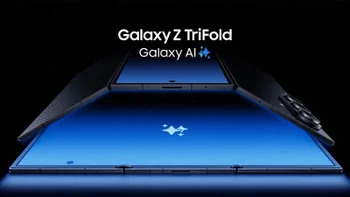
Things that are NOT allowed:
To help keep our community safe and free from spam, we apply temporary limits to newly created accounts: